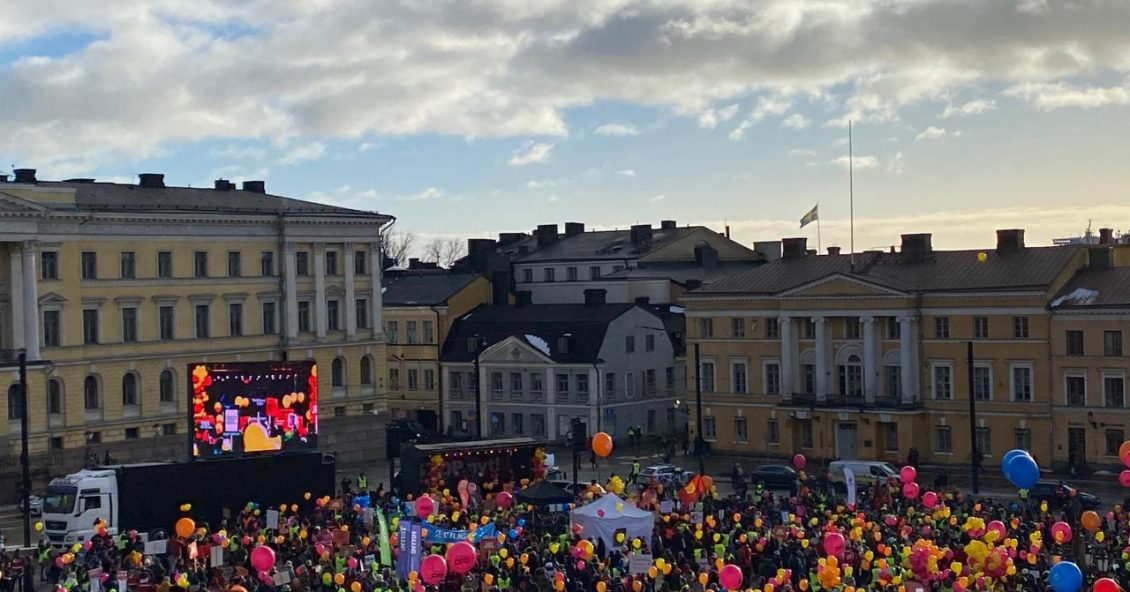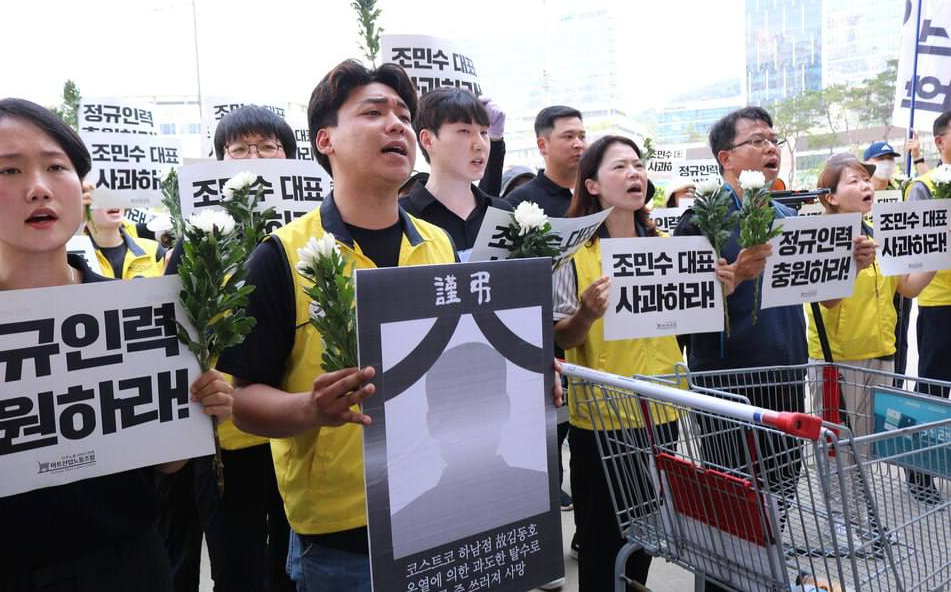UNI Global Union has joined civil society organisations and trade unions in expressing opposition to WTO plans to rewrite the rules of the global economy in favour of tech giants.
The proposed rules would enable Big Tech to consolidate its exploitative business model, including gaining rights to access markets globally; extracting and controlling personal, social, and business data around the world; locking-in deregulation and evading future regulation; accessing an unlimited supply of labor stripped of its rights; expanding its power through monopolies; and evading the payment of taxes. It would also give giant tech companies such as Google, Facebook and Amazon new rights and leeway to profit – while limiting public interest and benefits for society.
UNI stands in solidarity with people from around the world who are warning that these new trade rules will increase inequality and have widespread negative impacts on the future world of work. Over 315 organizations from more than 90 countries have endorsed the letter.
The new rules represent a grave threat to development, human rights, labour and shared prosperity around the world.
“The proponents of these new e-commerce rules are persistent in their demands. But it’s precisely that persistency that shouldraise concerns. We absolutely do not need more of the same. We urgently need to address the problems caused by the current monopolization of power, and the global imbalance of access to new technologies. Let’s not forget that 50% of the world’s population still have no access to the internet,” says Christy Hoffman, General Secretary of UNI Global Union.
“We need to think along radically different paths. Rather than supporting this notion of the free flow of data, we should push for widening the access to all of the data that is mined on us as citizens and workers. Governments should be thinking about models for open data, data trusts and/or data commons. They should not pave the way to an ever-growing concentration of power into private hands.”
“This is particularly pertinent for the developing countries, who will be the biggest losers if these e-commerce rules get into the WTO in their current form. It’s time to bridge digital divides, rather than exploit differences.”



